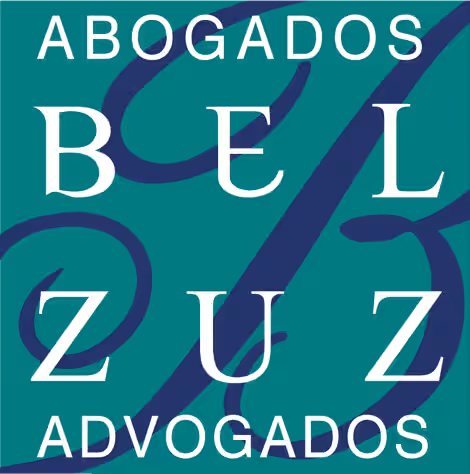Following recent clarifications by the Portuguese Tax and Customs Authority (AT), it has been confirmed that taxable persons currently subject to the standard VAT regime who meet the criteria of the special exemption regime set out in Article 53 of the VAT Code (CIVA) may opt into that regime with effect from July 1st, 2025.
This option is exclusively available to taxable persons whose turnover in 2024 is less than €15,000, and who, by June 30, 2025, have not exceeded €18,750, and who do not carry out exports of goods or services.
The option must be exercised by July 31st, 2025, through the submission of a declaration of changes. This declaration may be submitted in person at any tax office (paper form), or online via the e-Balcão platform on the Portuguese Tax Portal, as a PDF attachment.
In the declaration, the taxable person must state the turnover obtained in Portugal during the 2024 calendar year, and, in the “Observations” field, indicate the turnover achieved in the first half of 2025, allowing the AT to verify whether the legal threshold of €18,750 has been exceeded.
Although these declarations will be processed manually by the AT, taxable persons must begin operating under the exemption regime from July 1st, 2025, issuing invoices without VAT and including mandatory reference:
“VAT – exemption regime (Art. 53 of the VAT Code)”
From that date forward, VAT will no longer be charged on taxable transactions.
However, transitioning to this regime also requires the fulfilment of several obligations under the standard VAT regime.
According to Article 24 of the VAT Code, taxable persons must carry out adjustments to VAT previously deducted on stock, fixed assets, or other goods held on the date of transition. These adjustments – and, if applicable, any VAT due on inventory – must be included in the periodic VAT return for June 2025 (for monthly filers) or for the second quarter of 2025 (for quarterly filers).
After the submission of that final return with all necessary adjustments, taxable persons will no longer be required to submit periodic VAT returns, though they must still comply with other ancillary obligations, such as electronic invoice reporting (pursuant to Article 31 of the VAT Code) and, where applicable, the annual VAT return.
This transition is based on the combined interpretation of Article 53 and Article 24 of the VAT Code, the rules on electronic communications (Ministerial Order no. 215/2022, of 26 August), and the General Tax Law (LGT) regarding taxpayer reporting obligations.
The special VAT exemption regime under Article 53 of the VAT Code may also be applied to non-resident entities, if they do not have a permanent establishment in Portugal, and that they carry out independent economic activity subject to VAT in Portuguese territory, even without a physical presence, and do not carry out exports.
The Tax Law Department of Belzuz Advogados S.L.P. is available to assist in assessing eligibility, completing and submitting the declaration of changes, and in ensuring full compliance with the final obligations under the standard VAT regime.
